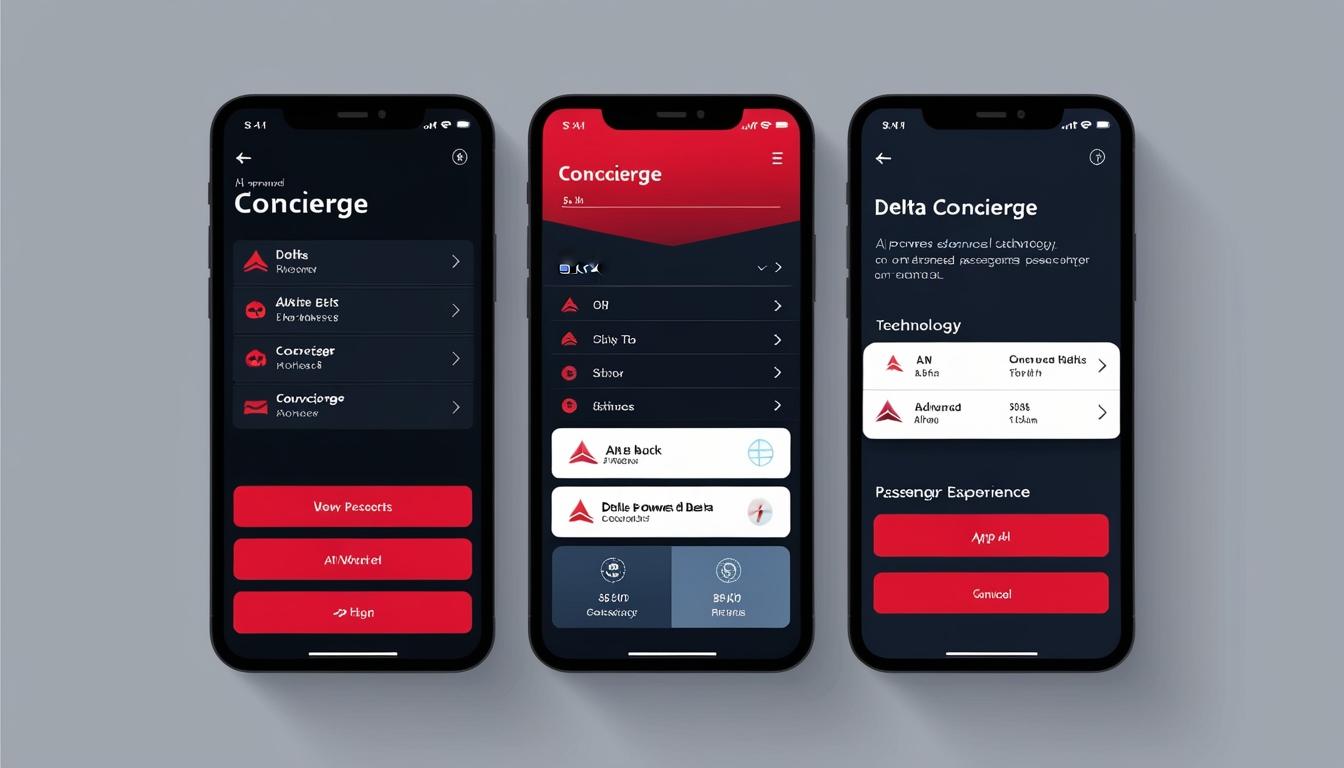At this year’s Consumer Electronics Show (CES) 2025, Delta Air Lines showcased its latest advancements in artificial intelligence and in-flight technology with a presentation held at the Sphere in Las Vegas. This marks another significant appearance for the airline at the annual event, where it has become a notable participant in discussions about tech innovations in the aviation sector.
Among the updates announced was the introduction of the Delta Concierge, an AI-powered assistant designed to enhance passenger experience via Delta's mobile app. Users will have the ability to engage with the assistant using voice or text, benefiting from proactive advice on travel matters. The Delta Concierge aims to provide notifications about important travel documents, such as passport expirations and visa requirements, as well as offering guidance on various aspects of the travel experience, including directions to bag drops, Delta’s Sky Clubs, and departure gates. Delta’s announcement suggests that the rollout of this service will unfold throughout the year.
While the integration of AI into aviation services reflects a notable trend in the industry, some observers have noted that the functions of the Delta Concierge may not represent groundbreaking advancements but rather standard expectations for modern travel assistance. The airline appears to be responding to growing consumer demands for convenience through technology, positioning itself within the broader context of competitive airline offerings.
In addition, Delta unveiled plans to upgrade its in-flight entertainment, revealing what it claims will be the first cloud-based system of its kind. Scheduled to be fully operational by 2026, the new seatback system will incorporate 4K HDR QLED displays complemented by Bluetooth connectivity. The onboard storage capacity for media content is set to expand significantly, featuring a 96-terabyte system to accommodate movies, TV shows, and music. However, critics have pointed out that Delta may be trailing behind industry competitors such as United, which already offers similar in-flight technology.
Notably, Delta also expressed its intentions to collaborate with Airbus on the development of the fello’fly project, which envisions a system where planes fly in formation to optimise fuel efficiency—a concept inspired by the flight patterns of geese. This initiative, while intriguing, is still in the exploratory stages and would require significant regulatory adjustments before it can be realised on a commercial scale.
As Delta Air Lines continues to integrate emerging technologies into its services, these announcements reflect ongoing trends in the airline industry toward leveraging artificial intelligence and advanced entertainment systems to enhance the customer experience. The developments presented at CES 2025 reaffirm Delta's commitment to innovation within a competitive sector eager to meet the evolving demands of air travel.
Source: Noah Wire Services
